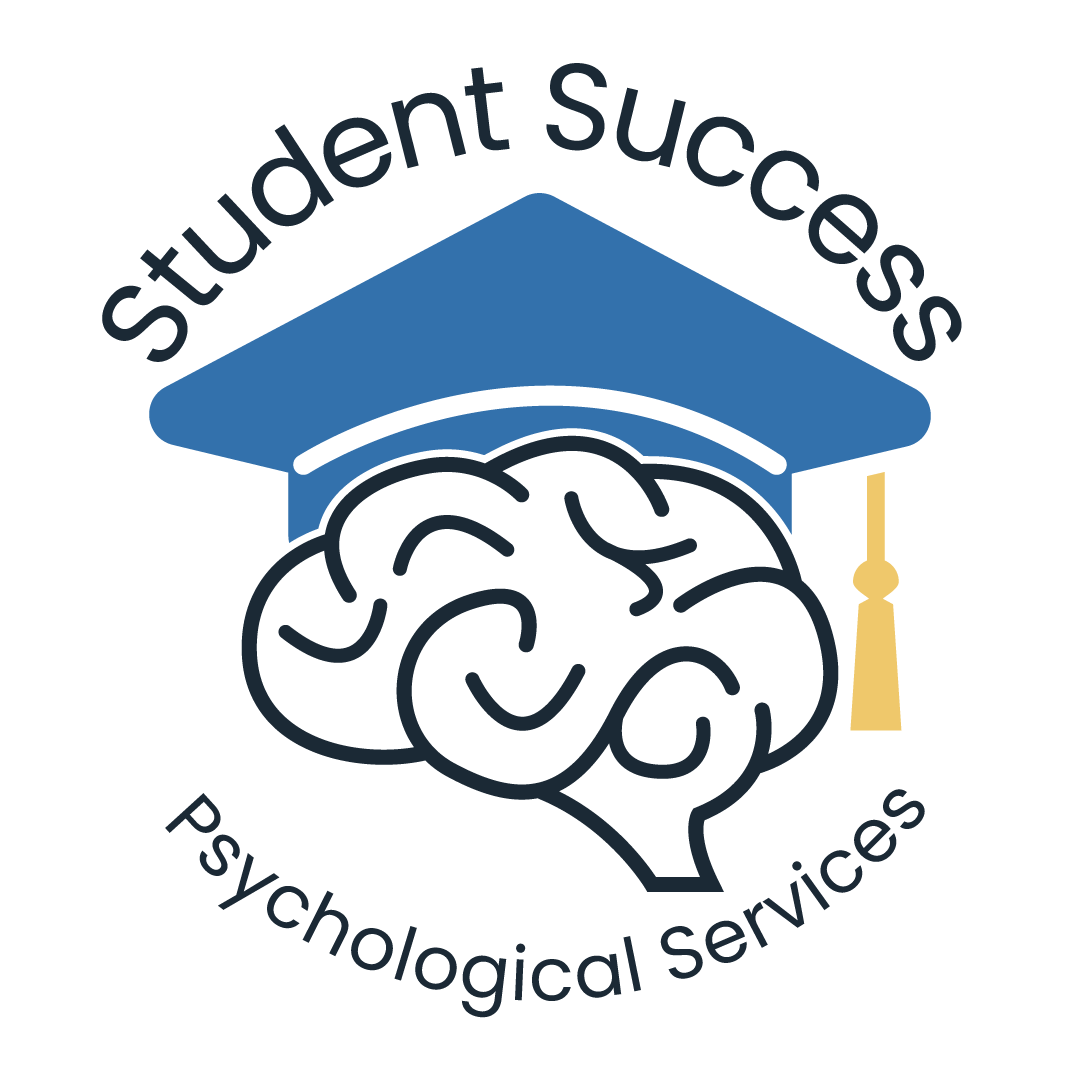How to Help High School Students with Test Anxiety
According to a study published in the Journal of Best Practices in Health Professions Diversity, higher levels of test anxiety among high schoolers are associated with greater pressure from parents and poor study skills (Ritchwood et al., 2015). The authors of the journal article had 568 diverse students in grades 9-12 complete self-report measures about test anxiety (e.g., somatic symptoms, feelings), test study skills (e.g., attention, time management), and test perception (e.g., parent pressure). In addition to linking parental pressure and study skills with test anxiety, they found Black students reported higher levels of test anxiety than White students, and female students reported greater test anxiety than male students. This study has implications for the prevention and treatment of test anxiety among high school students as there is an increased focus on standardized testing in schools and greater competition for college acceptance.
What is test anxiety?
Test anxiety is a kind of performance anxiety that is characterized by excessive worry experienced before and/or during a test. This worry may be related to a fear of failure or negative evaluation from others (e.g., parents, teachers). While most high school students experience some nervousness during testing situations, test anxiety can create significant discomfort and negatively impact test performance. Chronic test anxiety has been shown to be associated with poorer school functioning due to low self-esteem, lower reading and math scores, and negative feelings about school. Increased test anxiety among students of color may be related to stereotype threat, which refers to the harm resulting from the perceived risk of confirming negative racial and ethnic stereotypes.
What are signs and symptoms of test anxiety?
Emotional: fear, helplessness, sadness, anger
Cognitive: racing thoughts, negative self-talk, difficulty concentrating, blanking out
Behavioral: procrastination, fidgeting, avoidance
Physical: excessive sweating, headache, nausea, rapid heartbeat, shortness of breath, lightheadedness, shaking
Ways to Help High School Students with Test Anxiety
Alleviate excessive pressure: Focus on promoting student self-concept by highlighting past successes and praising effort rather than ability. Communicate reasonable and reachable expectations. Remind students that nervousness is a normal part of taking a test, no one is perfect, and while the test may be important, their performance doesn’t define them or their entire future.
Teach good study skills: Encourage students to prepare for tests in advance by helping them schedule multiple study sessions and divide content into smaller, more manageable parts. Teach test-taking strategies, such as skipping difficult questions and coming back to them at the end. Organize practice tests to decrease uncertainty surrounding the testing situation. Check in to make sure students understand the test material and know how to study.
Encourage self-care strategies: Teach relaxation strategies, such as breathing slowly and deeply in through the nose and out through the mouth. Promote healthy sleep habits, especially the night before an exam. Check in to make sure students are getting regular exercise, staying hydrated, limiting caffeine, and eating a balanced diet.
Suggest support from a psychologist: When test anxiety becomes too much, discuss seeking help from a mental health professional as an option. Cognitive Behavioral Therapy (CBT) is a treatment approach that focuses on replacing anxious thoughts (e.g., “I know I’m going to fail this test”) with more realistic thoughts (e.g., “I studied the material, so now I’m ready to do my best”). Student Success Psychological Services offers online CBT for high school students experiencing test anxiety. Click here to learn more.
Find the link to the full research article here: https://www.jstor.org/stable/26554209
Ritchwood, T. D., Carthron, D., & Decoster, J. (2015). The impact of perceived teacher and parental pressure on adolescents’ study skills and reports of test anxiety. Journal of Best Practices in Health Professions Diversity, 8(1), 1006-1019.

